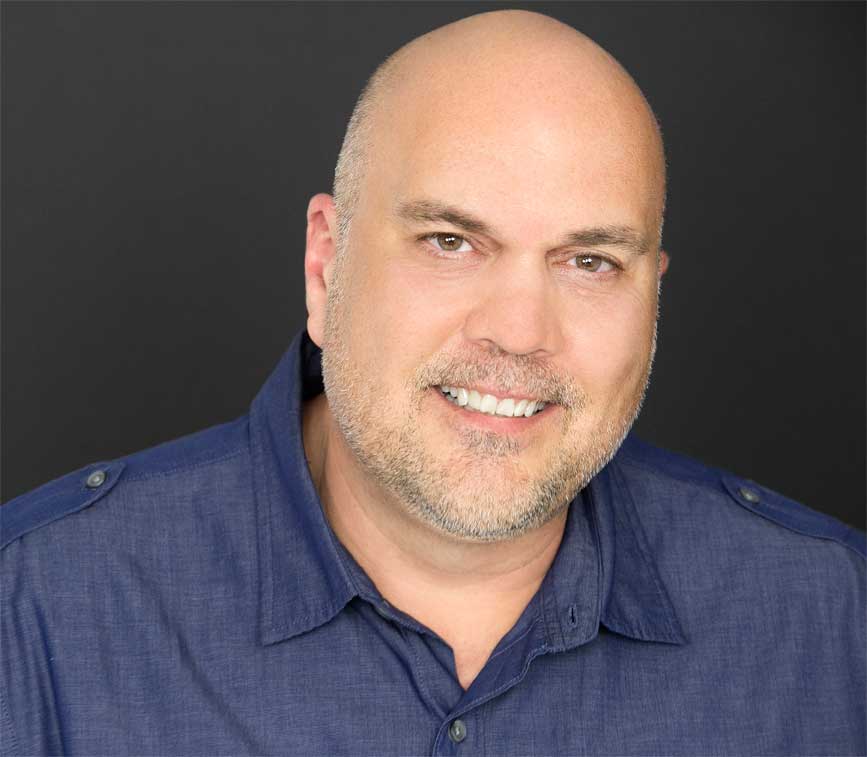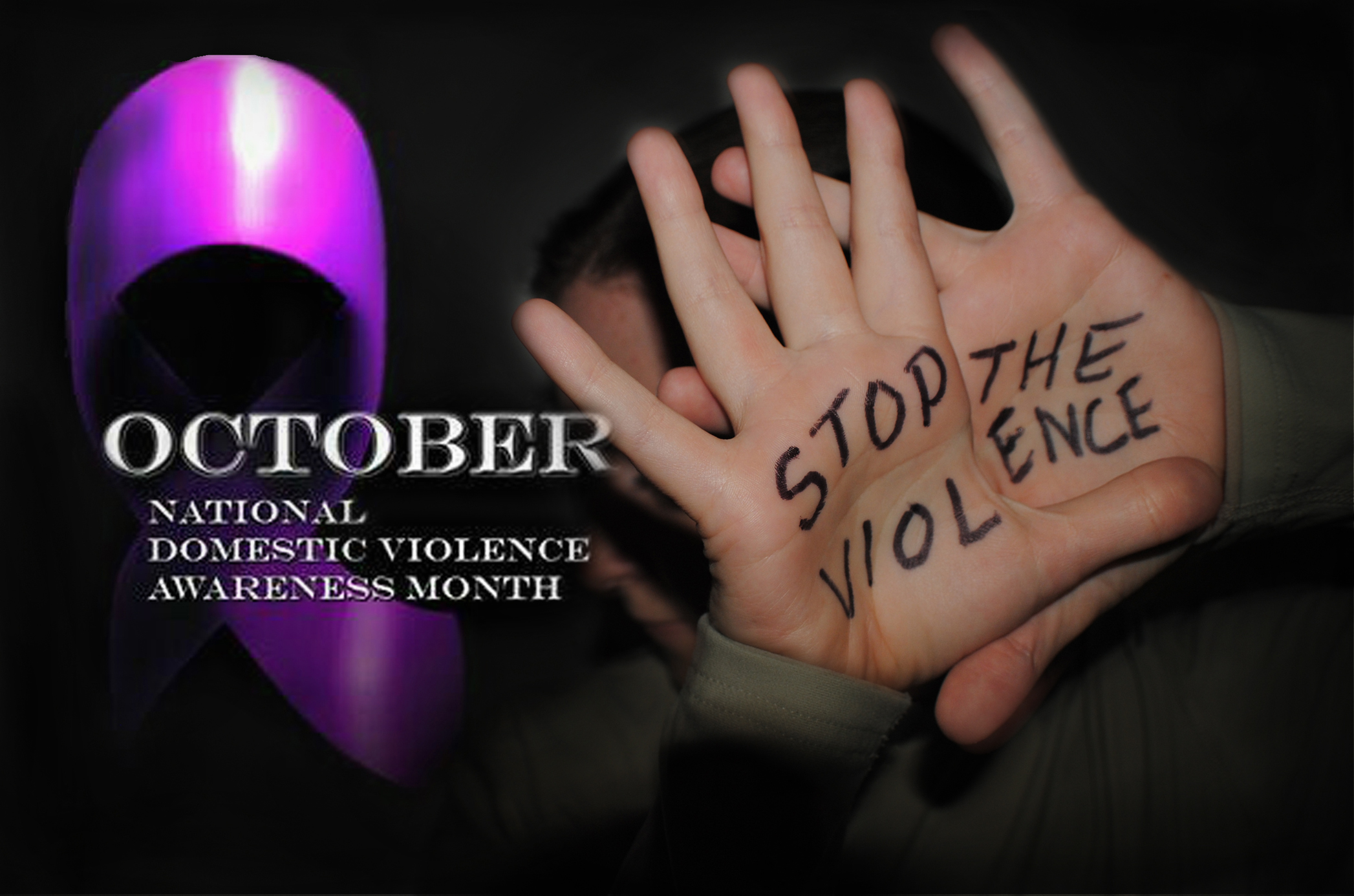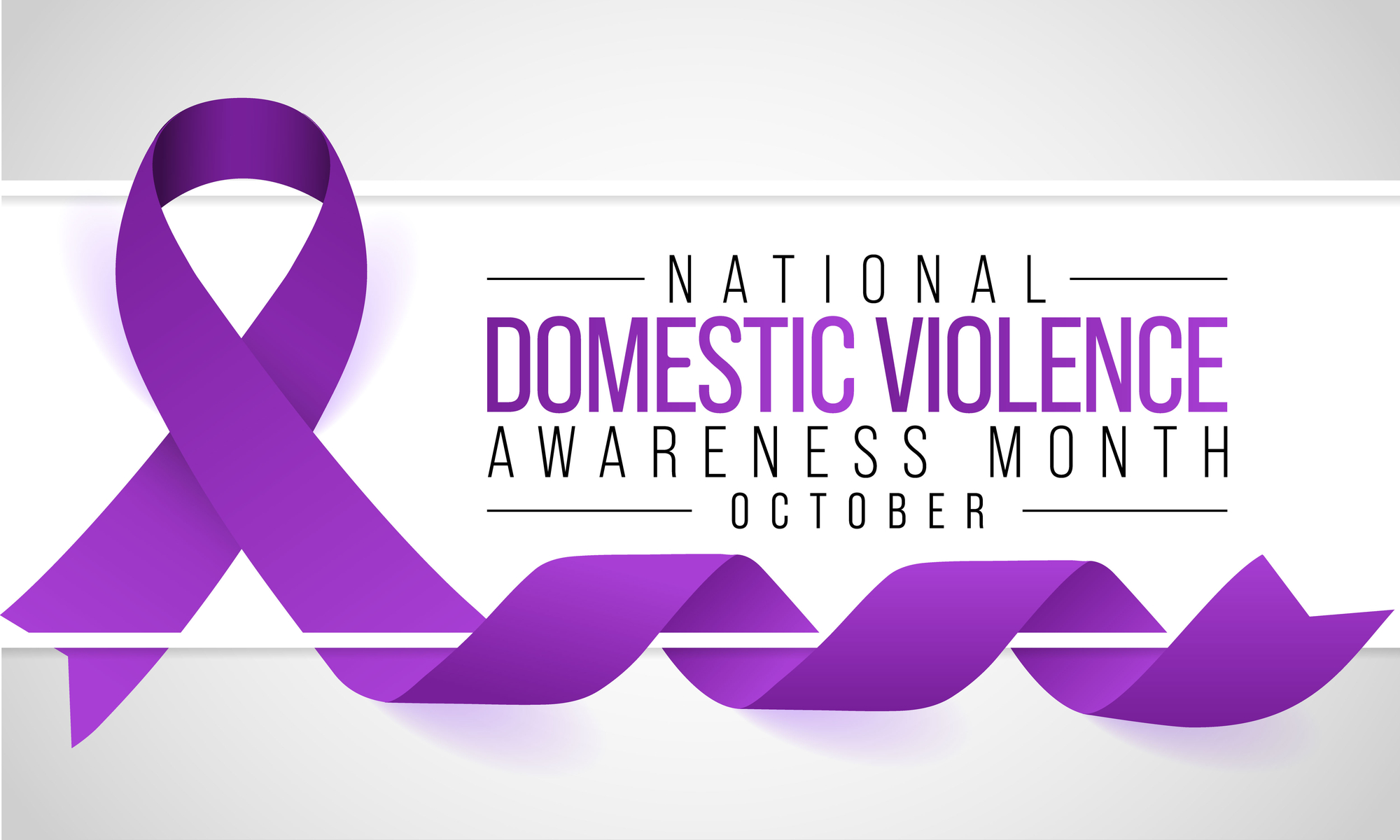Kwame Harris. William Ewell. What do these two men have in common?
Well, they are (were) Black. And, both men got caught up in separate incidents of the “nasty bizness” of Intimate Partner Violence and Abuse (IPV/A).
In his particular situation, Harris was the abuser.
In his particular situation, Ewell was the victim.
And unfortunately for Mr. Ewell, he died from it.
You may recall the story of Mr. Harris. On December 20, 2013, the former San Francisco 49ers and Oakland Raiders lineman was sentenced to five days in jail and three years of probation for battering Dimitri Geier, his ex-boyfriend, in August 2012.
At the time of the violence, Harris and Geier were romantically involved. They’d previously lived together. According to the San Jose Mercury News, “While dining at a Chinese restaurant, they began to argue and Harris then pinned Geier against a glass wall. When they went outside, Harris hit Geier several times in the face and head, causing a compound facial fracture that required surgery and insertion of a metal plate.” After a six-day trial, Harris was convicted of misdemeanor violence and assault charges but acquitted of felony domestic violence and assault charges.
Now on to Mr. Ewell. According to the Nydailynews.com, “William Ewell died after getting into a fistfight with his 20-year-old beau on a Bronx street when the two came to blows. According to friends, ‘Ewell was a devout minister who preached loved and respect for others’.”
You see, on Sunday, November 30, Ewell was arguing with his boyfriend at Bronx Park East and Mace Avenue, near the Bronx Zoo. His younger partner punched him, knocking him to the ground.
Ewell died sometime later.
“Friends said that the couple were recently engaged. Police stated that charges against the younger man were pending the medical examiner’s investigation.”
These are two horrific examples of the vicious cycle called Intimate Partner Violence and Abuse, or IPVA. The National Coalition of Anti-Violence Programs defines it as “a pattern of behaviors utilized by one partner (the abuser or batterer) to exert and maintain control over another person (the survivor or victim) where there exists an intimate, loving and dependent relationship.”
New research suggests that a greater percentage of LGBTQ individuals are living in fear of an abusive partner than previously thought. It is estimated that each year, between 50,000-100,000 lesbians (or more) and as many as 500,000 (or more) gay men are battered, and about one in four LGBTQ relationships/partnerships are abusive in some way.
As a journalist, I’ve made this dehumanizing and potentially life-threatening behavior–which tends to be heavily stigmatized and notoriously underreported in the LGBTQ community–my signature issue. I conduct IPV/A seminars and workshops around the country.
I’m so passionate about this issue because I know individuals who have been victims of IPV/A. And in my twenties, I experienced this demeaning behavior first-hand .
My experience was psychological—the tearing down of my self-esteem, verbal abuse, threats, isolation. At the time, I didn’t have the tools and information to make my “Great Escape.”
Fortunately however, I eventually did.
With my continuing coverage at Wyattevans.com, Huffington Post, Baltimore Gay Life, BaltimoreOUTLoud, and The Wyatt O’Brian Evans Show (on the progressive Papichuloradio.com), I’ve been shining a bright light on this critical issue. Part of this coverage includes telling the personal stories of IPV/A victims.
At my seminars and workshops, I’m frequently asked, “Can abusers really control their behavior?” The answer: if they want to, they can! Research has borne this out.
Currently, it’s unclear whether or not there was a pattern of violence and abuse in the relationship of Ewell and his partner. But what we do know, however, is this: there must be ZERO TOLERANCE for even one incident of IPV/A. And the faulty thinking and lame excuse (that too many people have) that “boyz will be boyz” just doesn’t cut it.
Here’s the Bottom Line: Intimate Partner Violence and Abuse (IPV/A) ain’t the way that you love somebody.
If you or someone you know is experiencing IPV/A, call: the National Domestic Violence Hotline (1-800-799-7233) or the Gay Men’s Domestic Violence Project Hotline (1-800-832-1901).





Such a shame especially for Mr. Ewell to die from IPV/A. Thanks for bringing this subject to the attention of the LGBTQ community and your continued efforts to stop this dreadful problem.